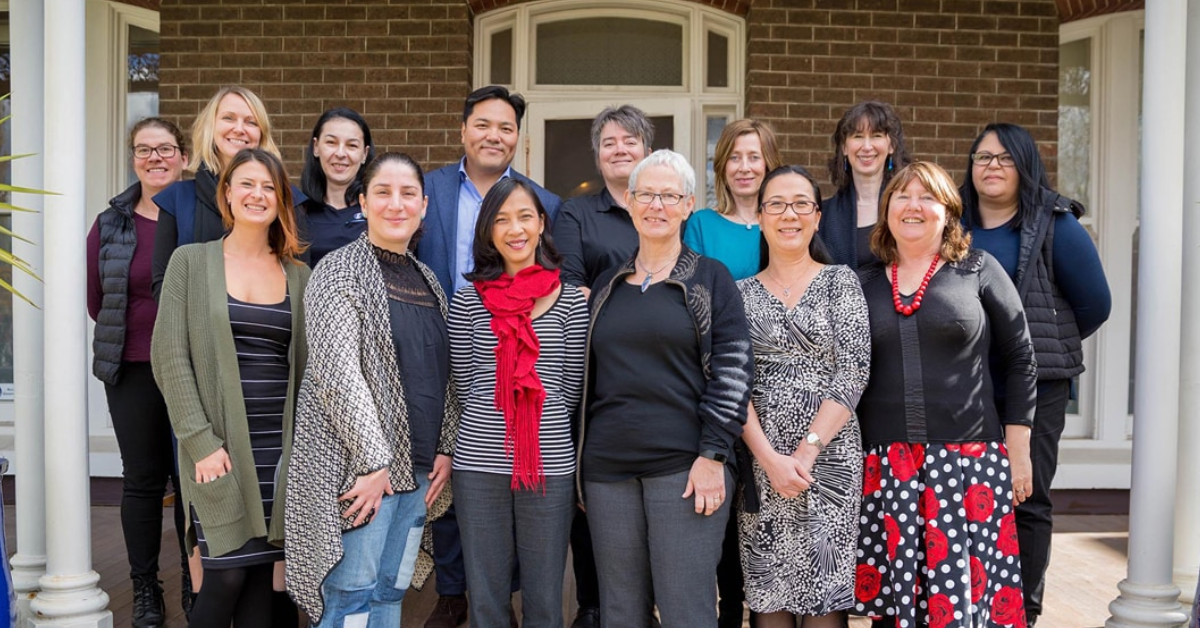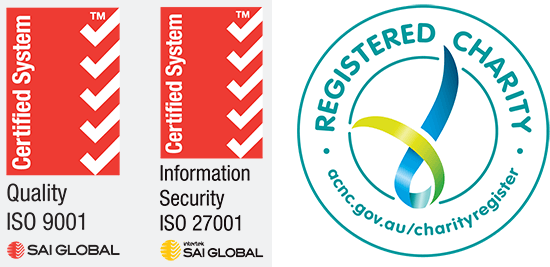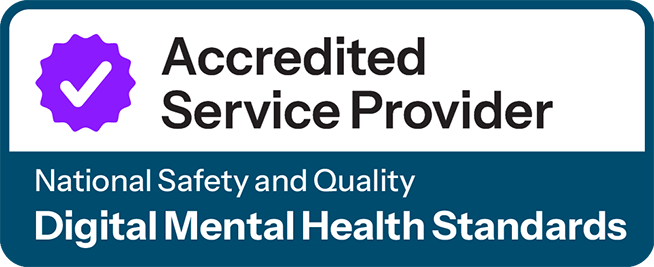
Image credit: Church Street Medical Centre
COVID-19 had a dramatic impact on general practice and the way in which patients were managed. The risk of infection and spread of the virus threw the simple concept of a waiting room into disarray. It required practices to innovate and adapt quickly to ensure they continued to provide essential care while keeping patients and staff safe.
One of the practices that was able to make such a change was Church Street Medical Centre, a small inner-city, GP-owned clinic in Richmond.
One of its co-owners is Dr Jeannie Knapp, who is also NWMPHN’s GP adviser.
She shared with us how the clinic has been able to manage and treat symptomatic respiratory patients face-to-face since mid-2022.

“When the pandemic was first declared we put our heads firmly in the sand and for the first few months did telehealth only,” she recalled. “Patients with respiratory symptoms were referred to the ED.”
The team quickly regrouped, however, and in June 2020 opened an outdoor room, initially so GPs could attend to sick children, a cohort that has always been a priority for the practice. After a month, it was opened to all patients.
However, the facility did not have council planning approval. Despite some sympathies, council officers were bound by inflexible pre-pandemic regulations and in December 2021, after a long battle, ordered the structure to be removed.
At that time, general practice respiratory clinics were starting to open, taking some of the pressure off. Reluctantly, the Church Street team returned to a telehealth-only model for patients with respiratory symptoms.
“This never really sat well with us, especially as we have previously prided ourselves on having a policy of always seeing sick babies and children on the day,” she said.
She added that the goal was to develop “a policy of seeing non-COVID respiratory patients face-to-face, with the guiding principle being no co-mingling of respiratory and non-respiratory patients in waiting rooms, and keeping all staff as safe as possible.”
In April 2022, Dr Knapp and her colleagues opted to start seeing respiratory patients face-to-face once more.
To do this, they instituted several new protocols:
- Patients were booked as ‘respiratory appointments’ with payment details taken at the time of booking.
- Patients had to complete 2 negative rapid antigen tests (RATs) before the appointment, including one on the day.
- When the patient arrived at the clinic, they were asked to wear a provided mask, wait in a dedicated outdoor area and notify reception of their arrival.
- GPs then collected their patients and walked them straight to the consult room.
- After the consult the patient left immediately, without going to reception.
There was excellent feedback from the team regarding the changes. Staff at reception felt a lot safer.
“We cannot see ourselves ever stopping this or co-mingling again,” said Dr Knapp. The changes were well received by patients, she said, “especially as we transitioned back to seeing face-to-face again, they were very grateful. Most are also grateful that we are no longer co-mingling respiratory and non-respiratory patients.”
Asked if the practice would do anything differently if it had to do something similar again, Dr Knapp said that “with the benefit of hindsight a tent may have been a better than the structure we built initially, but it served a warmer and more secure purpose at the time.”
The team at Church St Medical Centre is now preparing to see more respiratory patients following the forthcoming closure of general practice respiratory clinics.
To assist with this, the practice has adjusted its policies again to include protocols for seeing COVID-19 positive patients. Dr Knapp said the plan was to schedule appointments for this cohort at the end of the day, when most other patients had already left, and to encourage GPs and staff to wear PPE during respiratory consults.
In July this year, the clinic relaxed its protocols, but only slightly, reducing the negative RAT requirement from 2 to one.
“We see that COVID-19 will eventually become part of the milieu of respiratory illnesses that we see,” she said.
Need help implementing improvement ideas at your practice?
The COVID-19 Practice Management page on HealthPathways Melbourne has guidance on infection control and practice coordination. More information is available on the Victorian Department of Health’s website.
If you recently received funding through the Australian Government Department of Health and Aged Care Strengthening Medicare – General Practice Grants Program and would like to improve your infection control measures, this article provides suggestions on how this could be spent.
If you have any questions, please contact us on (03) 9347 1188 or email primarycare@nwmphn.org.au





